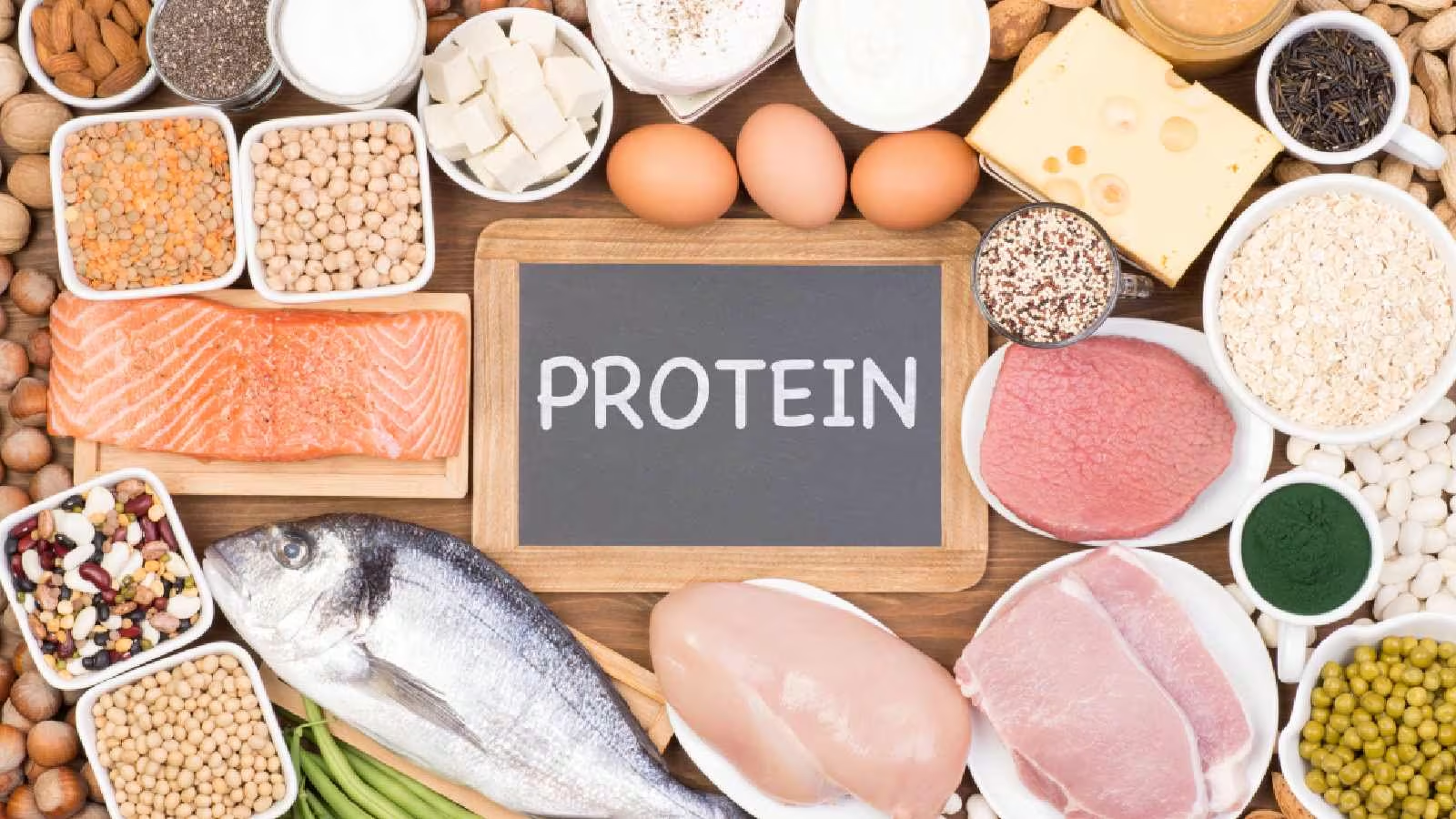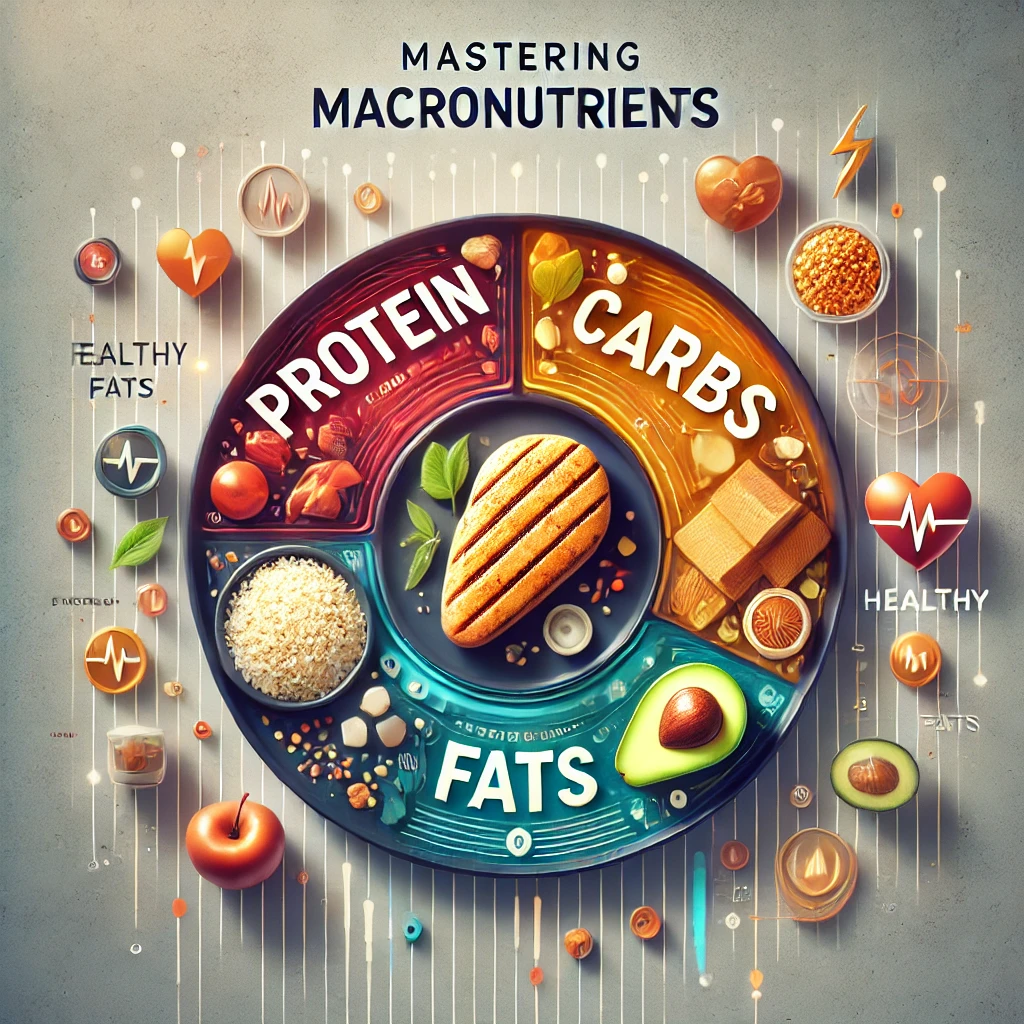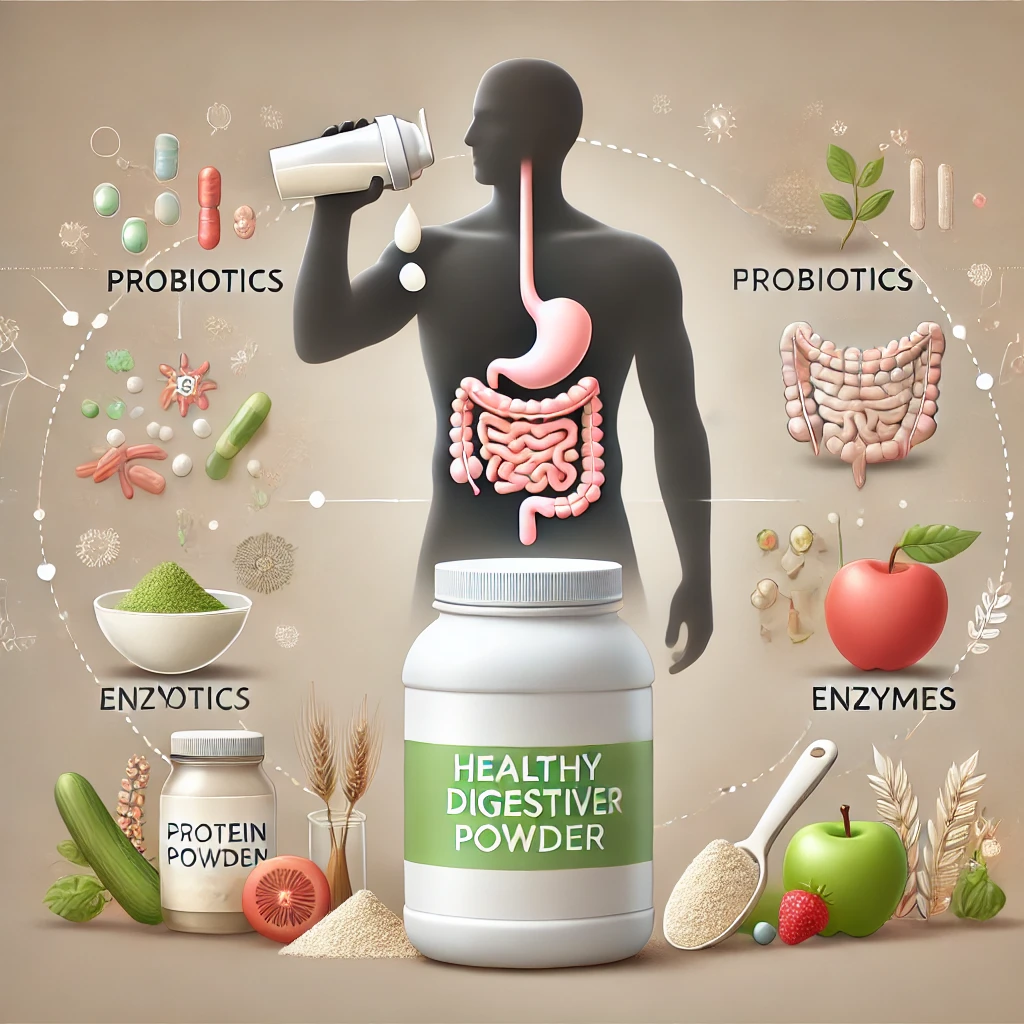Introduction to Protein and Hormones
When it comes to health and fitness, we often hear about the importance of proteins—whether it’s for muscle building or energy. But did you know that protein also plays a crucial role in regulating your hormones? Hormones are the body’s chemical messengers, influencing everything from mood to metabolism, and even sleep. Understanding the relationship between protein intake and hormone regulation can help you make better dietary choices for overall well-being.
Table of Contents
Understanding Proteins as Nutrients
Proteins are macronutrients made up of amino acids, which are the fundamental building blocks of life. They help in various bodily functions, such as repairing tissues, supporting the immune system, and, notably, influencing hormone levels. Unlike fats and carbohydrates, proteins are primarily known for their role in muscle maintenance, but they are equally vital for keeping your hormonal system in check.
What are Hormones and Their Functions?
Hormones are substances produced by glands in the endocrine system. They are like text messages sent within your body—regulating processes like metabolism, reproduction, and growth. Balanced hormone levels are essential for physical and mental health, and that’s where protein comes in to lend a hand.
How Protein Intake Affects Hormone Production

The Basics of Hormone Synthesis
Hormones are often produced from either amino acids (the building blocks of protein) or lipids. Some key hormones, such as insulin, growth hormone, and even certain mood regulators, are made from amino acids that your body derives from dietary protein. This makes consuming enough protein a fundamental step in maintaining proper hormone function.
Protein’s Role in the Building Blocks of Hormones
Several hormones rely on amino acids to be synthesized effectively. For instance, hormones like serotonin (which affects mood and sleep) and dopamine (responsible for motivation and pleasure) are derived from amino acids found in protein-rich foods. When you consume adequate protein, you ensure that your body has the essential components it needs for healthy hormone production.
Key Hormones Influenced by Protein Intake

Insulin and Glucagon: The Blood Sugar Regulators
How Dietary Protein Affects Insulin Secretion
Insulin and glucagon are hormones that work together to regulate blood sugar levels. Protein consumption can stimulate the release of insulin, which helps in transporting amino acids into cells for muscle repair and energy production. Unlike carbohydrates, which can cause a spike in insulin, proteins offer a moderate rise, helping to keep blood sugar levels more stable.
Balancing Insulin and Glucagon for Stable Energy
Glucagon acts as a counterbalance to insulin. It encourages the liver to release stored glucose, thereby maintaining blood sugar balance. Consuming protein can help in balancing these two hormones, preventing energy dips and spikes.
Growth Hormone and Muscle Development
How Protein Boosts Growth Hormone Secretion
Growth hormone (GH) is essential for muscle development and regeneration. Protein intake, particularly before sleep, can significantly boost GH secretion. This hormone promotes muscle growth, which is why athletes and fitness enthusiasts prioritize protein intake for better gains and recovery.
Ghrelin and Leptin: The Hunger Hormones
Role of Protein in Controlling Appetite and Satiety
Protein is known to impact the hormones ghrelin and leptin, which are responsible for hunger and satiety. Ghrelin, often called the “hunger hormone,” decreases when you eat protein-rich foods, making you feel fuller for longer. Meanwhile, leptin, the hormone that signals fullness, works better when your diet includes adequate protein, thus helping in weight management.
The Role of Amino Acids in Hormone Regulation

Essential vs. Non-Essential Amino Acids
Proteins are made of 20 amino acids, nine of which are essential—meaning the body cannot produce them, and they must come from your diet. These amino acids are crucial for hormone production, influencing mood, energy levels, and even reproductive health.
Tryptophan and Serotonin: Mood and Protein
Tryptophan, an essential amino acid, is a precursor for serotonin—a hormone that helps regulate mood, sleep, and even anxiety. Foods high in protein, like turkey and eggs, are rich in tryptophan, which in turn helps boost serotonin production, making you feel happier and more relaxed.
Tyrosine and Dopamine: Mental Focus and Motivation
Tyrosine, another amino acid found in protein, is a precursor for dopamine—a neurotransmitter responsible for motivation, focus, and pleasure. High-protein foods can thus improve your mental clarity and drive by ensuring that dopamine levels are adequate.
Benefits of Adequate Protein Intake for Hormonal Health
Weight Management
A high-protein diet can help regulate hormones that control appetite, thereby assisting in weight management. Protein keeps you feeling full and reduces cravings, thanks to its effects on ghrelin and leptin levels.
Stress Response and Cortisol
Protein helps in regulating cortisol, the primary stress hormone. Consuming enough protein helps in maintaining steady blood sugar levels, which in turn prevents spikes in cortisol—a hormone linked with stress and fat storage.
Reproductive Hormones and Fertility
Protein-rich diets also support reproductive health. Amino acids play a role in the production of sex hormones like estrogen and testosterone, which are key to fertility and sexual function.
Effects of Protein Deficiency on Hormone Balance
Impacts on Growth Hormone Production
Lack of proteins can lead to reduced growth hormone levels, negatively impacting muscle mass, recovery, and overall growth. This is particularly concerning for children and teenagers in crucial growth stages.
Negative Effects on Thyroid Function
Protein deficiency can also affect thyroid hormone production, leading to symptoms like fatigue, weight gain, and depression. The thyroid gland requires adequate protein to function correctly and to maintain a healthy metabolism.
Imbalance in Stress Hormones
Insufficient protein intake may lead to an imbalance in stress hormones like cortisol, which can cause mood swings, increased anxiety, and even weight gain.
Ideal Protein Sources for Hormone Health
Animal vs. Plant Proteins
Complete Proteins and Their Importance
Animal proteins are considered “complete” because they contain all nine essential amino acids, whereas most plant proteins are “incomplete.” However, by combining different plant proteins—like rice and beans—you can achieve a complete amino acid profile to support hormone production.
How to Include High-Quality Proteins in Your Diet
Incorporate diverse protein sources such as lean meats, fish, eggs, legumes, and dairy. Each of these can help maintain optimal hormonal health.
How Much Proteins Do You Need for Hormone Balance?
Factors Affecting Protein Requirements
Age, Activity Level, and Health Status
Protein needs can vary depending on factors such as age, physical activity, and overall health. Athletes and older adults often require more protein to support muscle mass and hormone balance.
Recommended Daily Intake for Optimal Hormonal Function
Generally, a daily intake of 0.8 to 1.2 grams of protein per kilogram of body weight is recommended for adults. However, specific needs can vary based on individual goals, such as muscle building or weight loss.
Proteins Timing and Its Impact on Hormones
Timing for Insulin Sensitivity
Eating protein with carbohydrates can help enhance insulin sensitivity, especially post-workout. This helps in muscle recovery and prevents spikes in blood sugar.
Protein Before Sleep for Growth Hormone Release
Consuming protein before bedtime can stimulate growth hormone production, particularly useful for those looking to increase muscle mass and recover efficiently.
Potential Risks of Excessive Protein Intake

Hormonal Imbalances Due to Overconsumption
While protein is essential, too much can potentially lead to imbalances, particularly affecting the kidneys and promoting an excess of insulin production, which might impact metabolic health.
Kidneys and Long-Term Protein Overload
Consuming protein far beyond recommended levels may put a strain on the kidneys, especially in individuals with pre-existing kidney conditions. It’s essential to balance protein intake with other nutrients for optimal health.
Frequently Asked Questions
How does protein affect insulin levels?
Protein causes a moderate increase in insulin, which helps stabilize blood sugar levels without causing the spikes typical of carbohydrate-heavy meals.
Can protein intake improve mood?
Yes, proteins contain amino acids like tryptophan, which are precursors for mood-regulating hormones such as serotonin.
Is plant protein as effective as animal protein for hormone health?
Yes, but you may need to combine different plant sources to get all essential amino acids, ensuring a complete profile for hormone production.
How much protein is too much?
Generally, intake above 2 grams per kilogram of body weight is considered excessive and may cause hormonal and metabolic issues, particularly for those with kidney concerns.
Does protein timing really matter for hormone balance?
Yes, timing protein intake—such as eating protein-rich foods post-workout or before bed—can influence hormones like insulin and growth hormone, impacting muscle recovery and overall health.
Conclusion
Protein plays an integral role in hormone regulation, influencing everything from appetite and stress levels to growth and reproductive health. By ensuring adequate and high-quality protein intake, you provide your body with the building blocks it needs to keep your hormones balanced and functioning optimally. Remember, protein isn’t just about muscle—it’s about supporting your entire endocrine system.









